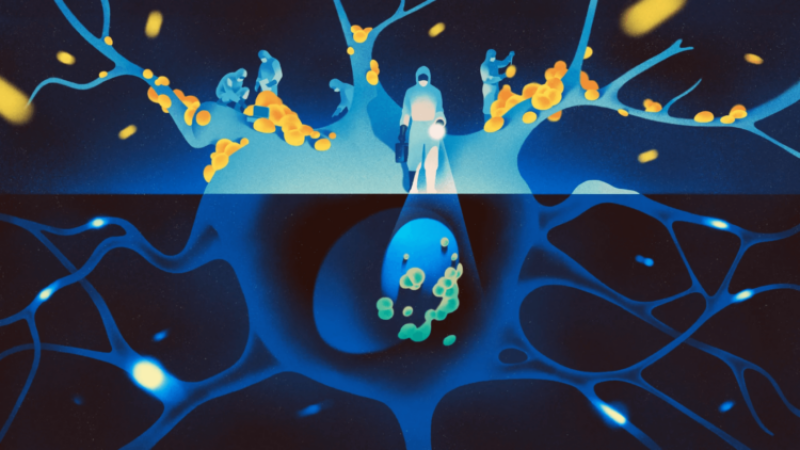The experimental drug lecanemab shows “potential” as an Alzheimer’s disease treatment, according to new Phase 3 trial results, but the findings raise some safety concerns because of its association with certain serious adverse events.
Lecanemab has become one of the first experimental dementia drugs to appear to slow the progression of cognitive decline.
The long-awaited trial data, published [November 29] in the New England Journal of Medicine, comes about two months after drugmakers Biogen and Eisai announced that lecanemab had been found to reduce cognitive and functional decline by 27% in their Phase 3 trial.
“In persons with early Alzheimer’s disease, lecanemab reduced brain amyloid levels and was associated with less decline on clinical measures of cognition and function than placebo at 18 months but was associated with adverse events,” the researchers wrote. “Longer trials are warranted to determine the efficacy and safety of lecanemab in early Alzheimer’s disease.”
The Alzheimer’s Association said in a statement [November 29] that it welcomes and is further encouraged by the full Phase 3 data.
“These peer-reviewed, published results show lecanemab will provide patients more time to participate in daily life and live independently. It could mean many months more of recognizing their spouse, children and grandchildren. Treatments that deliver tangible benefits to those living with mild cognitive impairment (MCI) due to Alzheimer’s and early Alzheimer’s dementia are as valuable as treatments that extend the lives of those with other terminal diseases,” it says.































